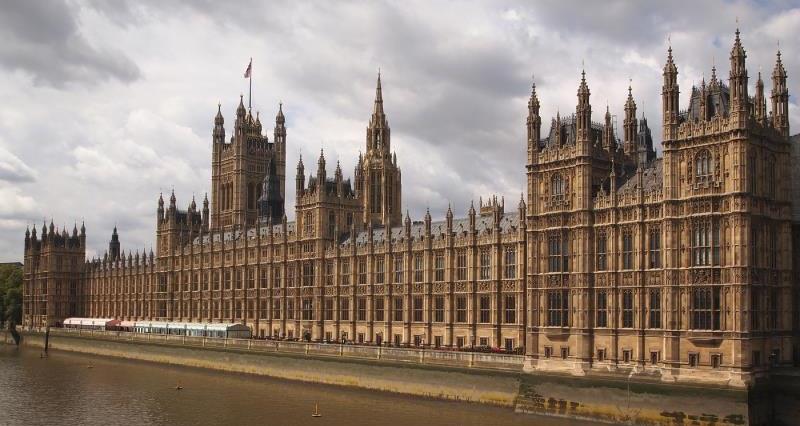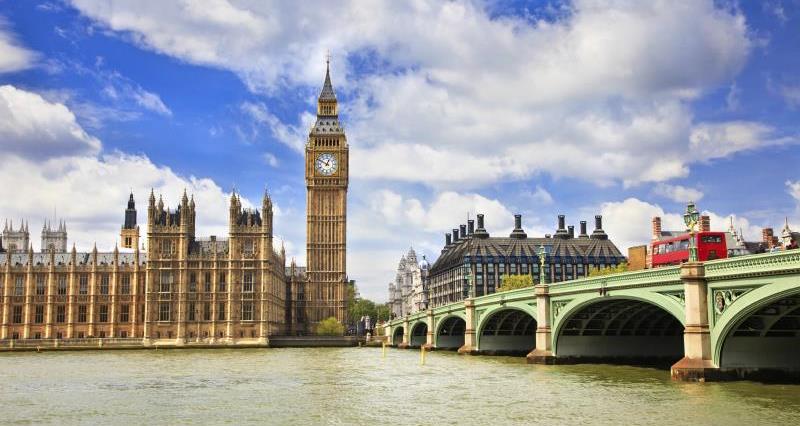The government managed to avert any embarrassing defeats, but has made a further concession that is expected to emerge in the next few days on the role of parliament in the eventual deal struck between the EU and UK.
So what happened and where are we as the Bill is set to head back to the Lords next week?
NFU Chief EU exit and international trade adviser, Gail Soutar, takes a look at the amendments that have been made to the EUWB and what this means for the government’s Brexit strategy and future legislative powers:
Customs ‘arrangement’
The government defeated an amendment from the Lords calling for the government to secure an arrangement that would enable the UK to continue in a customs union with the EU.
Instead, the amendment now requires the government to make a written statement (before 31 October 2018) outlining the steps taken in negotiations to secure the UK’s participation in a ‘customs arrangement’ with the EU.
The semantics matter here as a ‘customs union’ is defined at the WTO and would limit what the UK could do with respect external tariffs if it did stay in a ‘customs union’ or even ‘the customs union’ with the EU.
Future relationship to include ‘Single Market or EEA?’
The Lords called on the government to continue participation in the European Economic Area (EEA) after exiting the EU. But this was rejected as it’s not deemed to be government policy to remain members of the EEA (ie the Norwegian model).

Similarly, an amendment put forward by the opposition for the government to negotiate as a minimum a deal that would give the UK ‘full access to the internal market of the EU, underpinned by shared institutions and regulation with no impediments to trade and common rights, standards and protections,’ was also defeated, thereby freeing the government’s hands in the negotiations.
Maintenance of environmental principles and standards
The government has agreed that within six months of the EUWB passing, it will publish a draft environmental bill.

This draft bill will consist of a set of environmental principles (that must include the precautionary principle, the principle of preventative action to avert environmental damage, the principle that environmental damage should be rectified at source, the polluter pays principle, the principle of sustainable development, the principle that environmental protection requirements be integrated in to the definition and implementation of policies and activities, public access to environmental information, public participation in environmental decision making and access to justice in relation to environmental matters).
The draft Bill must also include provisions to establish a public authority with powers to take proportionate enforcement action where the authority considers that the government isn’t complying with the environmental law set out in the Bill.
Charter of Fundamental Rights
The Commons rejected the call from the Lords to maintain the provisions of the Charter of Fundamental Rights post Brexit, on the grounds that none of those rights should continue on or after Brexit day.
Date of Brexit
The Lords had sought to remove 29 March 2019 at 11pm as the ‘exit date’ off the face of the bill, preferring in its place to give Ministers powers to come forward with a statutory instrument setting out when exit would actually happen. However, MPs rejected this and instead maintained what they had originally planned, which is that ‘Exit’ will happen at 11pm on 29 March 2019.

Parliamentary approval of the outcome of negotiations
This is the amendment that the government appeared the most exposed to the threat of a rebellion. In the end, the Commons has agreed that Minsters will present a written statement to parliament on the outcome of the negotiations (to cover both the Withdrawal Agreement and the framework for the future relationship).
The government should also seek a motion for a resolution of the House of Commons in approving the outcome of the negotiations (the Lords would only be asked to ‘take note’ of the outcome of the negotiations).

Ideally, this has to happen prior to the EU Parliament deciding whether to grant its consent to the withdrawal agreement. If the resolution doesn't pass in the Commons, Ministers would have 28 days to make a further statement on how the government proposes to proceed in relation to negotiations with the EU.
Irrespective of what has been passed by the Commons, it’s widely reported that the government sought to quell the rebels by promising a further amendment on the powers of Parliament on approving the outcome of the negotiations.
A subsequent amendment is expected to be tabled by the government in the coming days ahead of the Bill returning to the Lords on Monday 18 June. As yet it is not clear what further concessions the government will give the Parliament through this still to be seen amendment.
The government managed to emerge from the latest round of votes on the EUWB intact, whether the Lords will seek to send some amendments back to the Commons again when it considers the bill next week is yet to be seen. The process of ‘ping pong’ continues.
Read more about our work and analysis of EU Exit for NFU members
